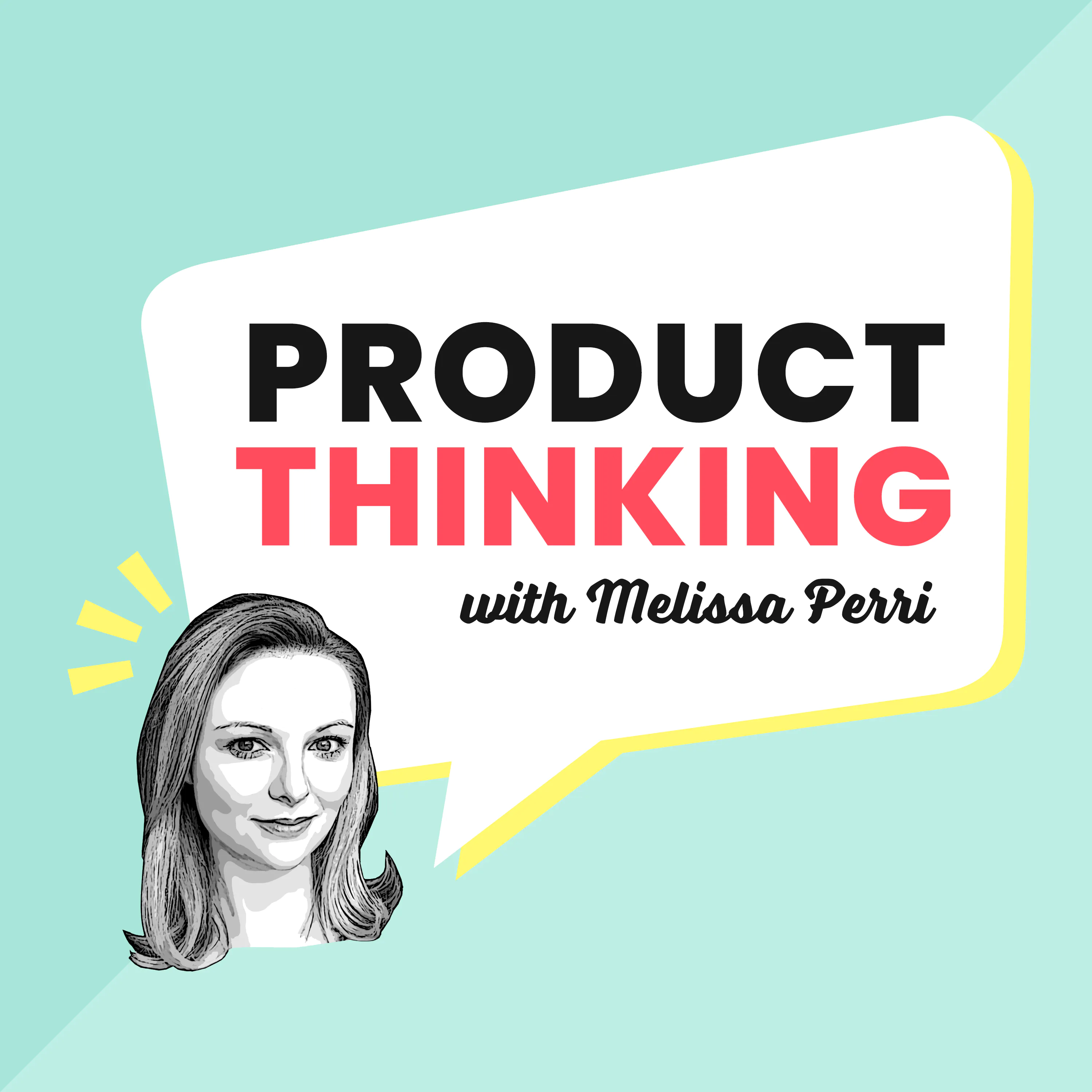Episode 189: Prioritizing Platform Products with Vijay Pitchumani of Okta
September 18, 2024

Vijay Pitchumani is the esteemed guest of Melissa Perri on this episode of the Product Thinking podcast. Tune in to hear Vijay, a renowned expert in product strategy and Director of Product at Okta, share his insights on the essential role of product managers in platform teams and the unique challenges they face. The discussion covers the importance of defining success metrics, experimenting with API-first approaches, and balancing short-term experiments with long-term goals. Vijay also highlights strategies for innovating within platform teams and managing PM rotations to foster diverse experiences and drive impactful outcomes. Listen now to explore how platform PMs can effectively navigate the complexities of scaling and evolving their products.
Vijay Pitchumani is the esteemed guest of Melissa Perri on this episode of the Product Thinking podcast. Vijay, a renowned expert in product strategy, and Director of Product at Okta, shares his insights on the essential role of product managers in platform teams and the unique challenges they face.
Across the pair’s discussion, Vijay and Melissa delve into the critical function of product managers in platform environments. Vijay emphasizes that despite their focus on backend systems, platform teams require strong product management to define and track success metrics. He explains how engineers, while highly skilled, often need guidance on setting clear, actionable success metrics that align with customer needs and enable rapid iteration. This includes breaking down objectives into smaller, measurable targets that facilitate ongoing customer feedback and platform evolution.
The conversation also explores the potential for experimentation within platform teams. Vijay shares his experience with API-first approaches, advocating for the release of APIs to a select group of customers, to gather early feedback, before fully developing user-facing components.
Tune in to this episode to gain valuable insights into the evolving role of product managers in platform teams and learn how to navigate the challenges of scaling and innovating in the platform space.
You’ll hear us talk about:
- 17:37 - Crafting a Platform Vision
Developing a vision for a platform is distinct from crafting a vision for user-facing products. Vijay emphasizes the need for platform PMs to think long-term and anticipate future use cases and non-functional requirements. Unlike user-facing products where MVPs can evolve incrementally, platform decisions must account for scalability and future capabilities from the outset. This involves providing engineering teams with a clear understanding of market trends and future needs to guide technology choices and ensure the platform can evolve to meet new demands.
- 26:21 - Balancing Short-Term Experiments and Long-Term Goals
When it comes to justifying experiments to platform teams, Vijay advises framing them as short-term, time-boxed experiments that demonstrate potential value with minimal investment. He suggests that PMs propose experiments with clear, short-term goals (e.g., two weeks of effort) to test hypotheses and validate ideas. This approach helps in avoiding waste and ensures that the experiments are manageable and deliver actionable insights quickly. By setting clear expectations and timelines, PMs can secure buy-in from stakeholders and ensure that experiments align with broader business objectives, reducing the risk of wasted effort and resources.
- 39:39 - The Evolving Role of AI in Enhancing Productivity
Vijay discusses the rotation of PMs across different teams and projects as a strategy for both career development and ensuring diverse experiences. By rotating PMs, organizations can keep them engaged and provide them with varied experiences, which helps in identifying their strengths and weaknesses. This practice also ensures that PMs bring fresh perspectives to different problems and projects. To support this, he advises setting clear expectations and providing sufficient onboarding time to help PMs acclimate to new challenges. This approach not only enhances PMs’ skills but also benefits the organization by leveraging diverse insights and experiences.
Episode Resources:
If you enjoyed this episode, please visit:
Previous guests include: Shruti Patel of US Bank, Steve Wilson of Contrast Security, Bethany Lyons of KAWA Analytics, Tanya Johnson Chief Product Officer at Auror, Tom Eisenmann of Harvard Business School, Stephanie Leue of Doodle, Jason Fried of 37signals, Hubert Palan of Productboard, Blake Samic of Stripe and Uber, Quincy Hunte of Amazon Web Services
Check out our Top 3 episodes:
Check out our Top 3 episodes:
- Episode 177: The Evolution of User Research: A Conversation with Steve Portigal, Author of Interviewing Users
- Tackling Product Research with C. Todd Lombardo
- Episode 128: Scaling Product Operations with Blake Samic, Former Global Head of Product Operations at Stripe and Uber
Product Thinking is handcrafted by our friends over at: fame.so
Product Thinking Guest and Audience Podcast Feedback Form
Product Thinking Guest and Audience Podcast Feedback Form